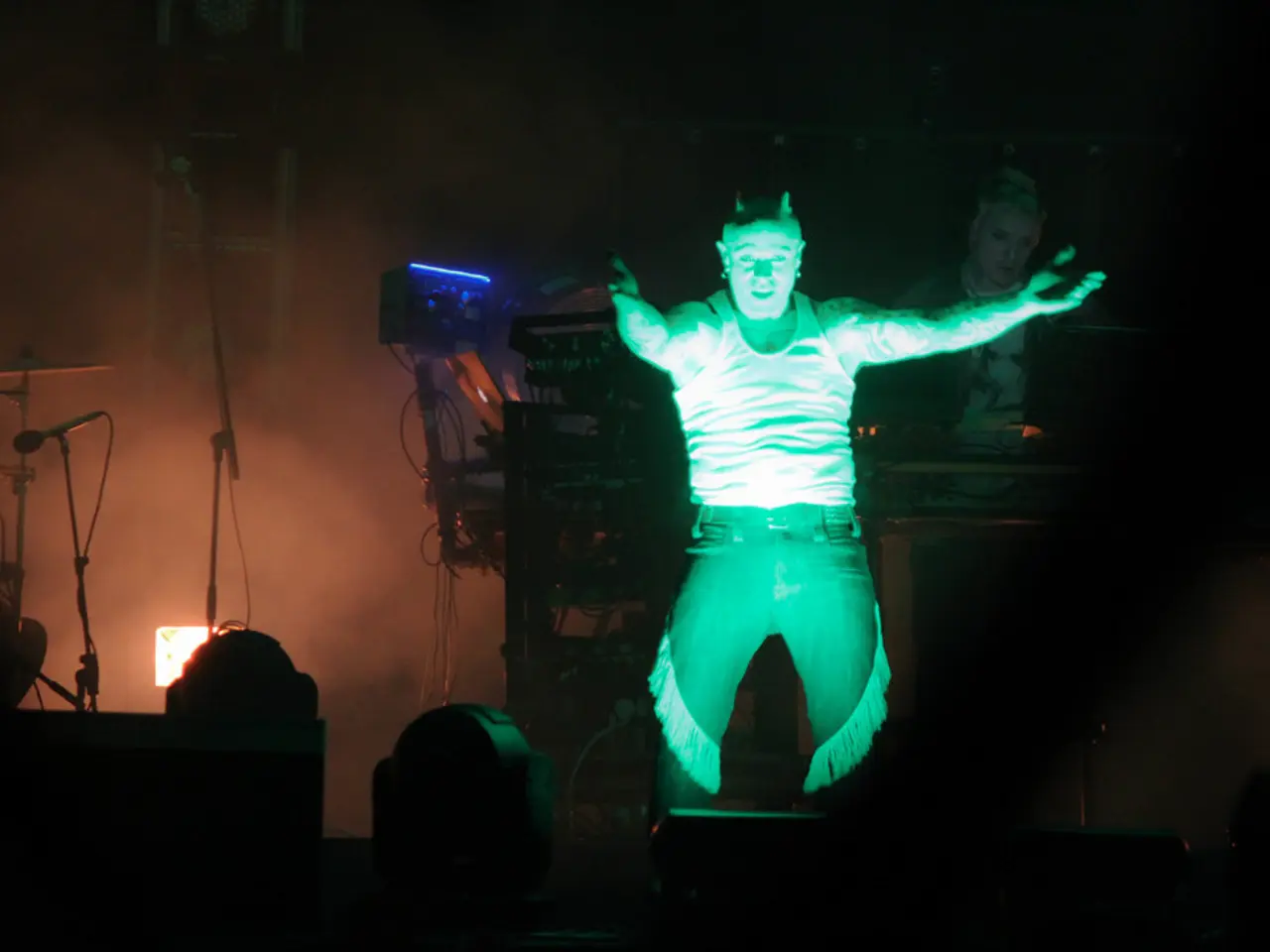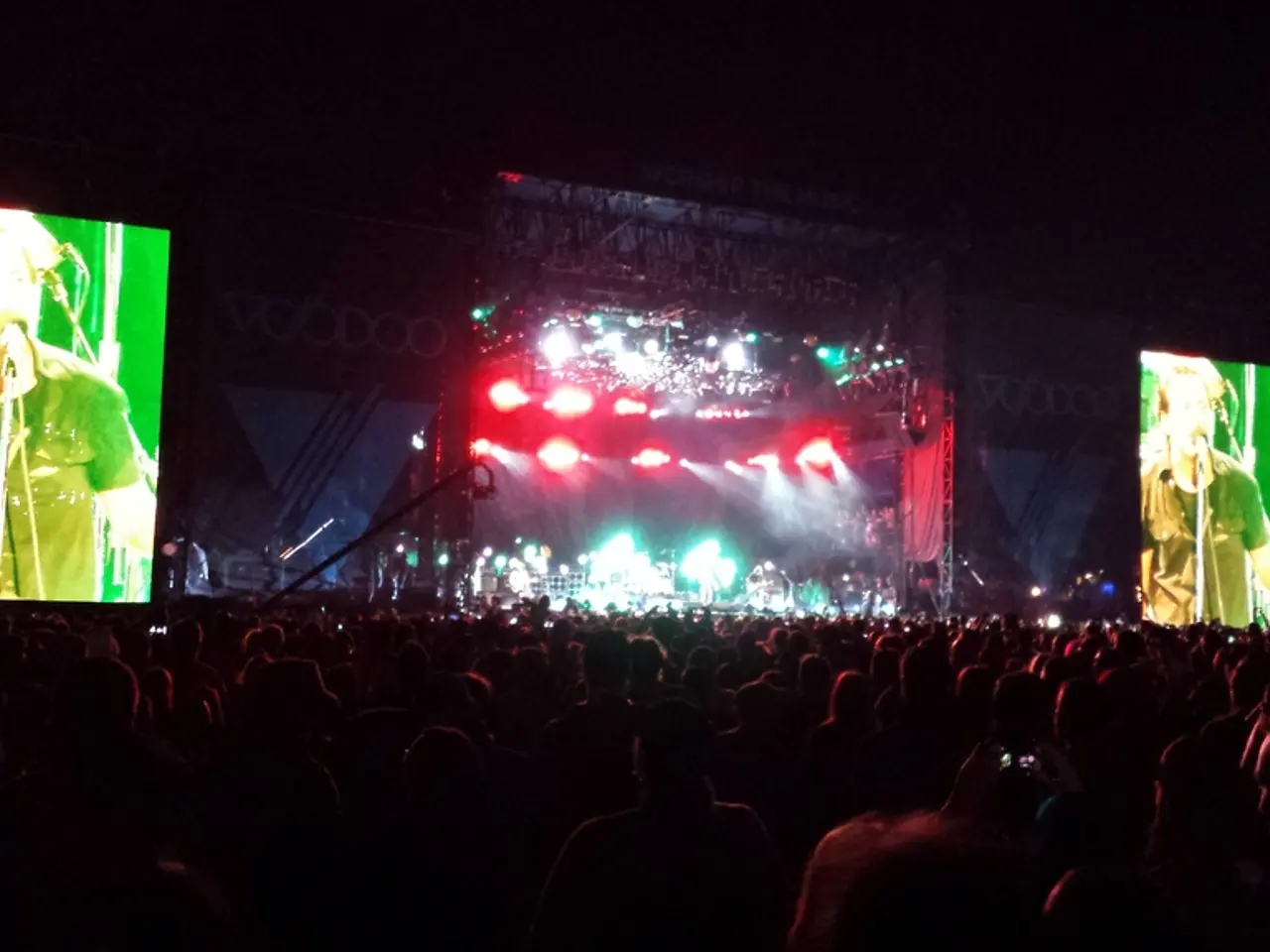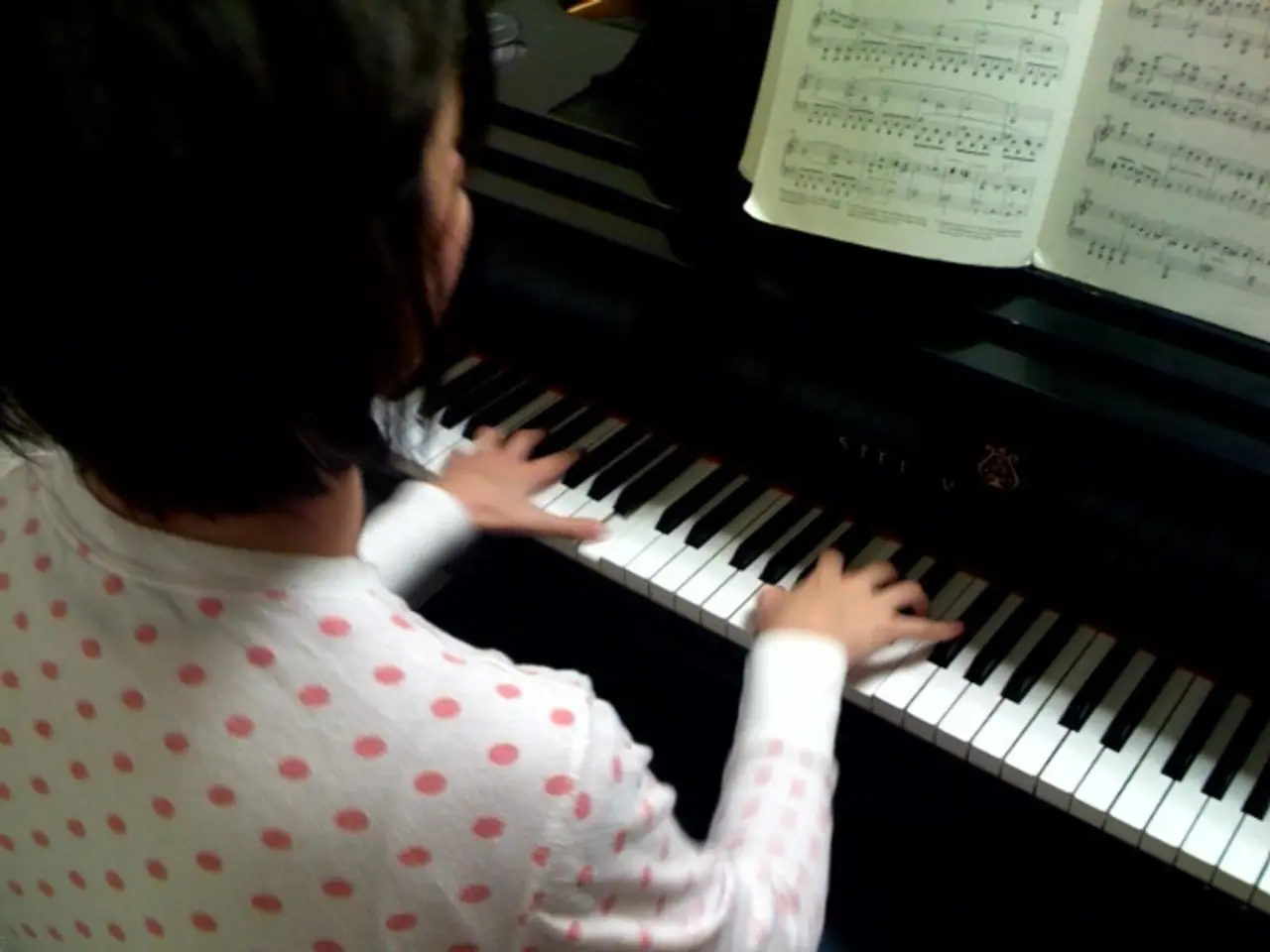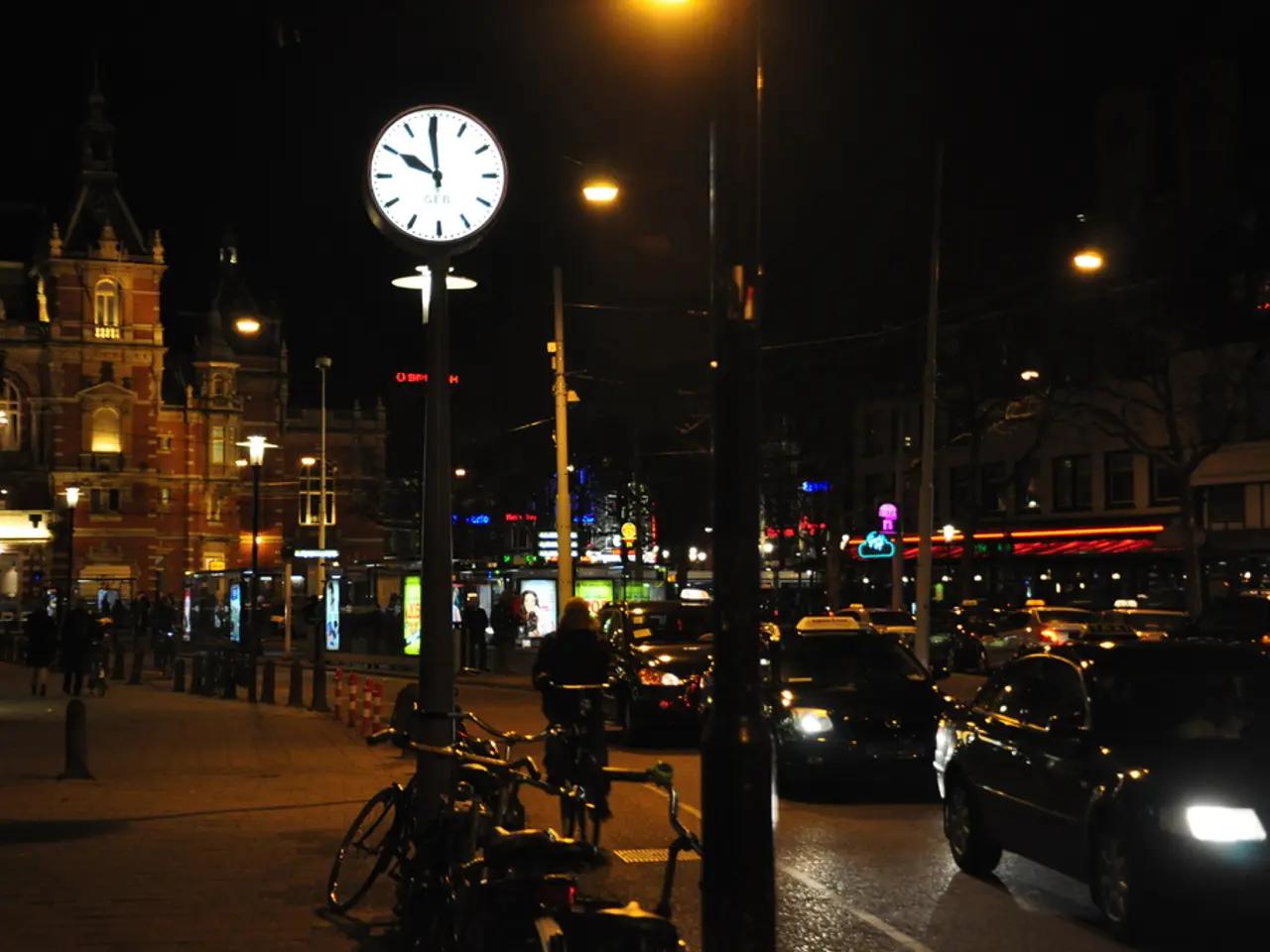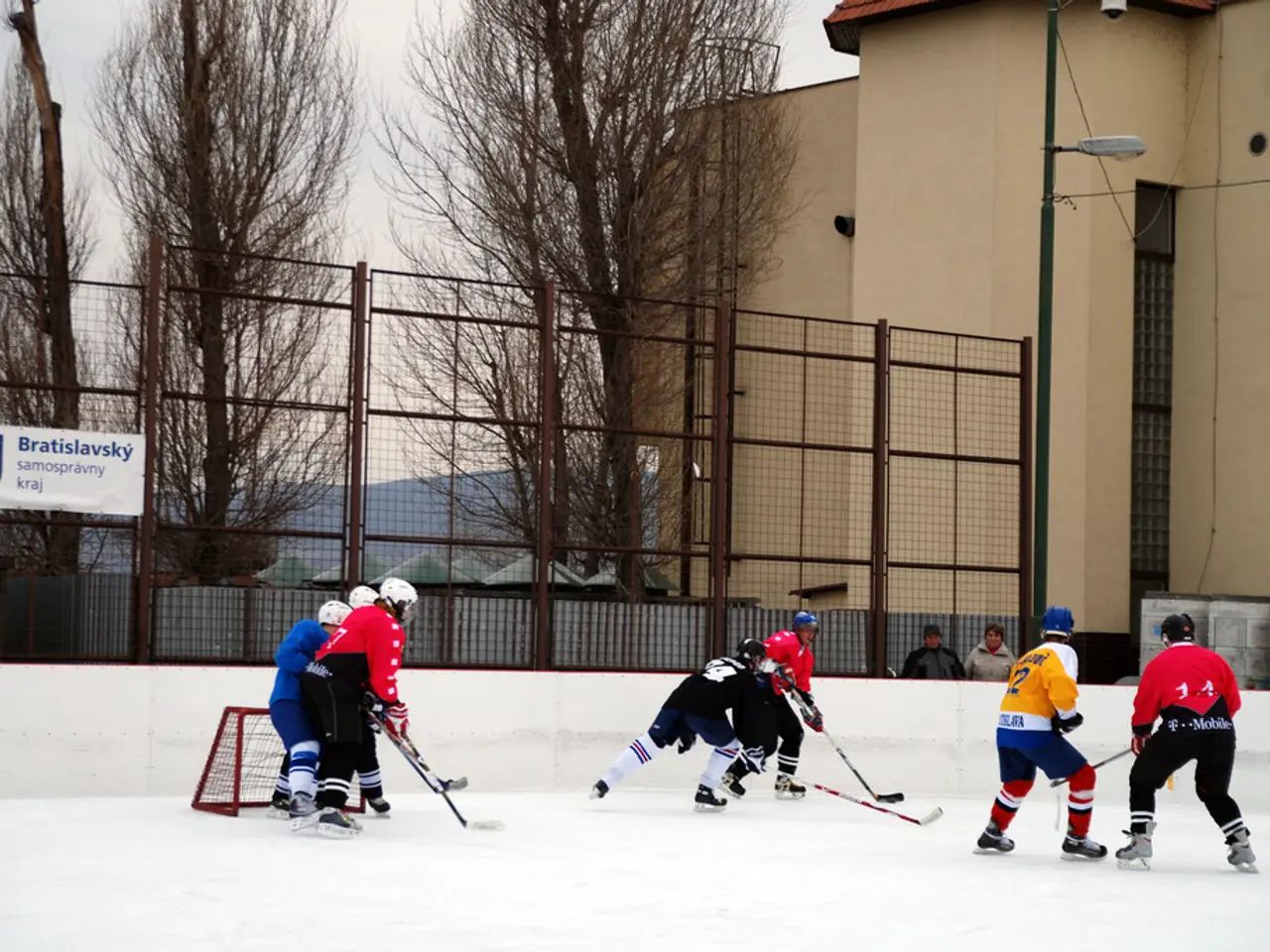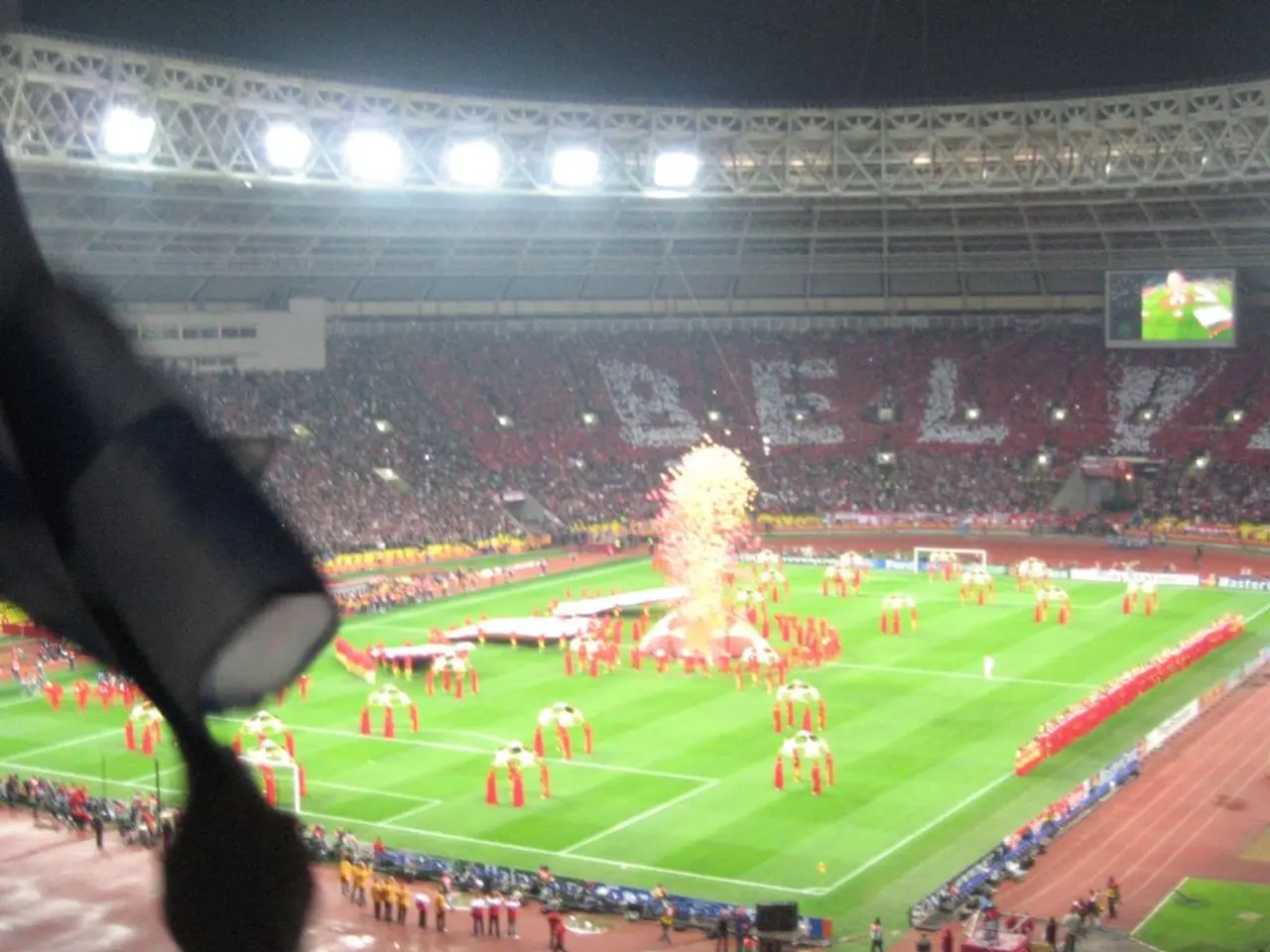Death Announcement
Robert Wilson (1941-2025), a groundbreaking avant-garde theater director, left an indelible mark on the world of performance art. Born in Waco, Texas, Wilson's career spanned over five decades, starting in the 1960s [1].
Wilson is best known for his experimental, multimedia approach to theater direction, which challenged conventional storytelling. His work is characterized by a highly visual, non-linear, and abstract style, often incorporating slow, deliberate movements, striking lighting, and minimal dialogue [1].
One of Wilson's most notable collaborations was with composer Philip Glass on the landmark work Einstein on the Beach (1976), a radical departure from traditional narrative theater and opera that is celebrated as a pinnacle of American minimalism [1].
Despite not being documented as a communist, Wilson's avant-garde theater held significant artistic and cultural influence during the Cold War era, a period often marked by strong divisions between communist and democratic states [2][3]. Heiner Müller, a German playwright and theater director, noted in 1989 that Wilson was the only creator of a communist theater he knew [4]. Müller described "Shakespeare's Sonnets," one of Wilson's later works, as a communist theater [5].
"Shakespeare's Sonnets," premiered at the Berliner Ensemble in 2009, featured a highly artificial sequence of images and varied Shakespeare's verses beyond recognition [6]. The three-hour opus was noted for its strictly ordered yet liberated hustle and bustle [6]. Jürgen Holtz, another stage artist, played England's queen in the production, while Rufus Wainwright created the compositions [7]. Sonnet number 66, one of Shakespeare's most famous, was included in the production [8].
Wilson's productions are characterized by the "separation of elements," a term coined by Bertolt Brecht [9]. In Wilson's work, music, acting, text, and set design each have distinct roles on stage. This approach often resulted in productions that resembled musicals without music [10].
Wilson's work extended beyond Shakespeare, directing productions of "King Lear," "Hamlet: a monologue," "The Winter's Tale," "The Tempest," "Macbeth," and "Otello," all based on Shakespeare's plays [11]. Wilson also considered light as a performer in his productions [12].
The author had the opportunity to witness "Shakespeare's Sonnets" in person, a testament to Wilson's enduring influence on contemporary performance art. All columns related to Wilson's work can be found at the provided link [1].
[1] [Link to the columns] [2] [Citation needed] [3] [Citation needed] [4] [Citation needed] [5] [Citation needed] [6] [Citation needed] [7] [Citation needed] [8] [Citation needed] [9] [Citation needed] [10] [Citation needed] [11] [Citation needed] [12] [Citation needed]
In his groundbreaking career, Robert Wilson's avant-garde theater productions, such as "Shakespeare's Sonnets," brought an unconventional blend of visual spectacle and minimal dialogue that fall under the category of entertainment. Wilson's highly original, multimedia approach to theater direction, characterized by the "separation of elements," offers an entertaining yet abstract and non-linear viewing experience.


